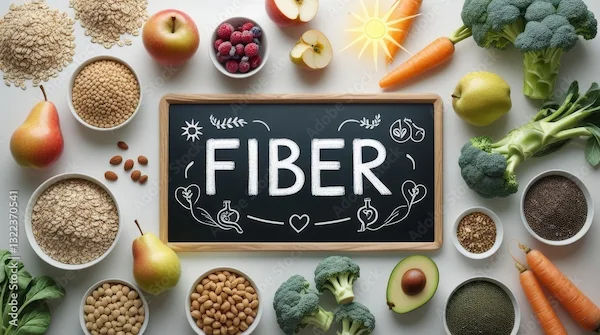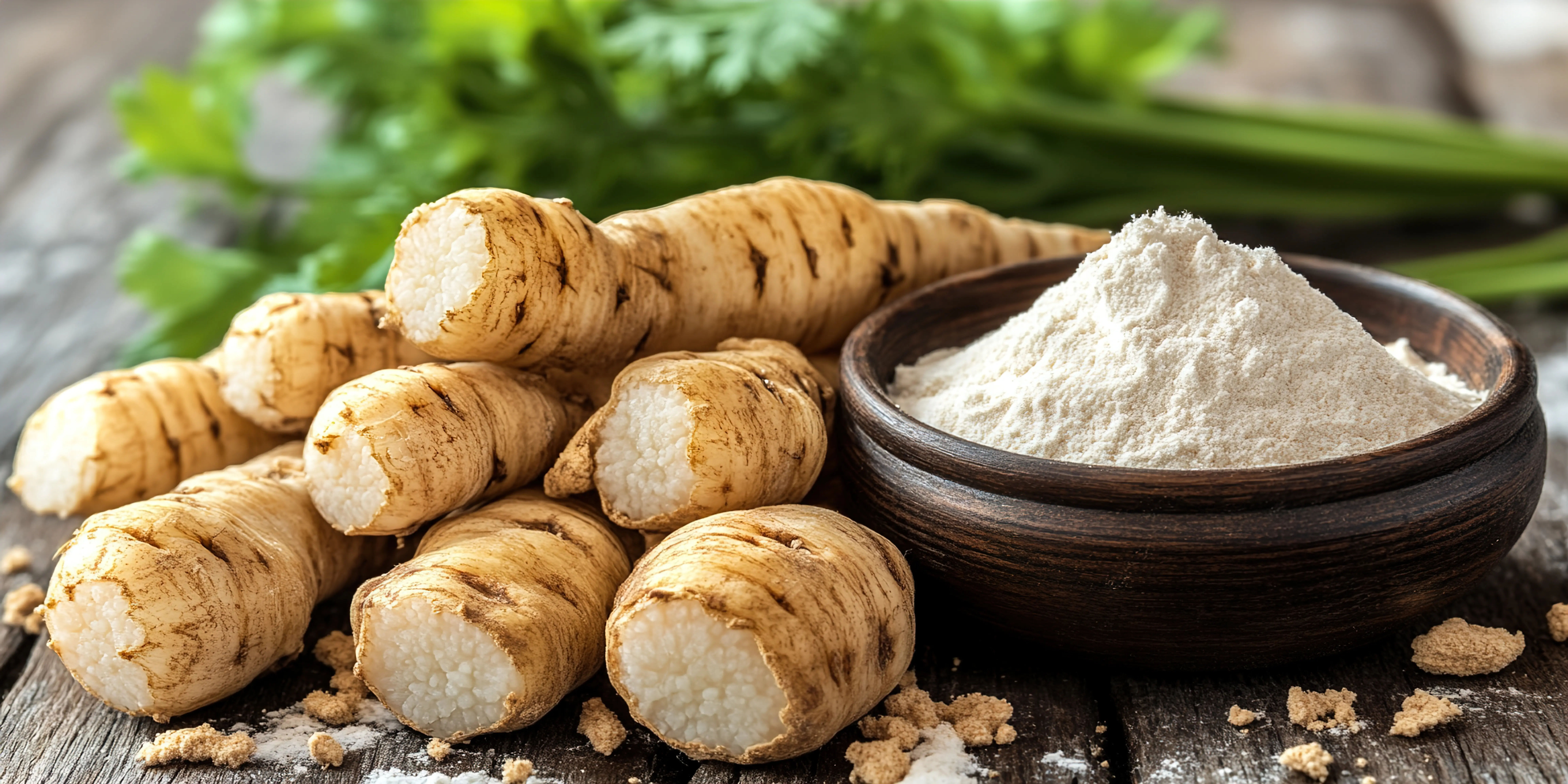COVID-19 Symptoms to Watch For
Know about covid, symptoms, causes, how to manage it at home, when to get tested and how to prevent it.

Written by Dr. M L Ezhilarasan
Reviewed by Dr. D Bhanu Prakash MBBS, AFIH, Advanced certificate in critical care medicine, Fellowship in critical care medicine
Last updated on 31st Jul, 2025

Introduction
The COVID-19 pandemic has changed the way we live, making it more important than ever to stay informed about the symptoms of the virus. While some people may experience mild or no symptoms, others can become seriously ill. Recognizing the signs early can help you take the right steps to protect yourself and those around you.
This article will guide you through the common symptoms of COVID-19, when to seek medical help, and how to manage mild cases at home.
Common Symptoms of COVID-19
COVID-19 affects people differently, but some of the most common symptoms include:
1. Fever or Chills – A high temperature (above 100°F or 37.8°C) is one of the earliest signs.
2. Cough – A dry, persistent cough is typical, though some may have mucus.
3. Shortness of Breath – Difficulty breathing, especially during physical activity.
4. Fatigue – Feeling extremely tired, even without much exertion.
5. Muscle or Body Aches – Unexplained soreness, similar to flu-like symptoms.
6. Headache – A persistent, throbbing pain that doesn’t go away easily.
7. Loss of Taste or Smell – A sudden inability to taste or smell food.
8. Sore Throat – Irritation or scratchiness in the throat.
9. Congestion or Runny Nose – Similar to a cold, but often more severe.
10. Nausea or Diarrhea – Digestive issues, especially in some cases.
If you experience any of these symptoms, it’s important to monitor them closely.
Consult Top Specialists for Personalised Tips
Severe Symptoms – When to Seek Emergency Care
While most people recover from COVID-19 with mild symptoms, some may develop severe complications. Seek emergency medical attention if you or a loved one experiences:
Difficulty breathing (struggling to take deep breaths)
Persistent chest pain or pressure
Confusion or inability to stay awake
Bluish lips or face (a sign of low oxygen levels)
Severe weakness or dizziness
These signs indicate a serious condition that requires immediate medical help.
What Causes COVID-19?
COVID-19 is caused by the SARS-CoV-2 virus, which spreads mainly through:
Respiratory droplets (when an infected person coughs, sneezes, or talks)
Close contact with someone who has the virus
Touching contaminated surfaces and then touching the face
Some people are at higher risk of severe illness, including:
Older adults (especially over 60)
People with chronic conditions (diabetes, heart disease, lung disease)
Those with weakened immune systems
How to Manage Mild COVID-19 at Home
If you have mild symptoms, you can recover at home by following these steps:
Isolate Yourself – Stay in a separate room to avoid spreading the virus.
Rest and Hydrate – Drink plenty of fluids (water, herbal teas, soups).
Monitor Symptoms – Use a thermometer and pulse oximeter (if available) to check oxygen levels.
Over-the-Counter Medicines – Take paracetamol (acetaminophen) for fever and body aches.
Eat Nutritious Food – Focus on fruits, vegetables, and protein-rich meals.
Steam Inhalation – Helps relieve congestion (use warm water, not boiling).
Avoid self-medicating with antibiotics or strong steroids without a doctor’s advice.
When to Get Tested?
If you suspect you have COVID-19, get tested immediately. Testing helps confirm the infection and prevents further spread. Consider a test if:
You have symptoms.
You’ve been in close contact with a COVID-positive person.
You’re planning to travel or attend a large gathering.
You can book a COVID-19 test easily through Apollo 24|7 from the comfort of your home.
Prevention is Better Than Cure
Even as restrictions ease, it’s important to stay cautious:
Get Vaccinated & Boosted – Vaccines reduce severe illness risk.
Wear Masks in Crowds – Especially in poorly ventilated areas.
Wash Hands Frequently – Use soap and water for 20 seconds.
Avoid Touching Face – Reduces the chance of infection.
Maintain Social Distance – Stay at least 6 feet from others.
Final Thoughts
COVID-19 is still a concern, but knowing the symptoms and taking precautions can keep you safe. If you experience any warning signs, act quickly and get tested, isolate, and seek medical help if needed.
Consult a top general practitioner for the best advice
Consult Top Specialists for Personalised Tips

Dr. Mainak Baksi
General Practitioner
13 Years • MBBS , MD (MPH)
Howrah
Mainak Baksi Clinic, Howrah
(50+ Patients)

Dr. Suvadeep Sen
Critical Care Specialist
12 Years • MBBS, MD, FNB (CRITICAL CARE MEDICINE), EDIC
Mumbai
Apollo Hospitals CBD Belapur, Mumbai

Dr. Vandana Malik
General Practitioner
8 Years • MBBS, FAM
Noida
Skinlogics Clinic, Noida
Dr. Sasikamalam
General Practitioner
1 Years • MBBS
COIMBATORE
Apollo Sugar Clinic Coimbatore, COIMBATORE

Dr. Dixant Chhikara
General Practitioner
4 Years • MBBS
Delhi
SKYNN CARE, Delhi
Consult a top general practitioner for the best advice

Dr. Mainak Baksi
General Practitioner
13 Years • MBBS , MD (MPH)
Howrah
Mainak Baksi Clinic, Howrah
(50+ Patients)

Dr. Suvadeep Sen
Critical Care Specialist
12 Years • MBBS, MD, FNB (CRITICAL CARE MEDICINE), EDIC
Mumbai
Apollo Hospitals CBD Belapur, Mumbai

Dr. Vandana Malik
General Practitioner
8 Years • MBBS, FAM
Noida
Skinlogics Clinic, Noida
Dr. Sasikamalam
General Practitioner
1 Years • MBBS
COIMBATORE
Apollo Sugar Clinic Coimbatore, COIMBATORE

Dr. Dixant Chhikara
General Practitioner
4 Years • MBBS
Delhi
SKYNN CARE, Delhi




